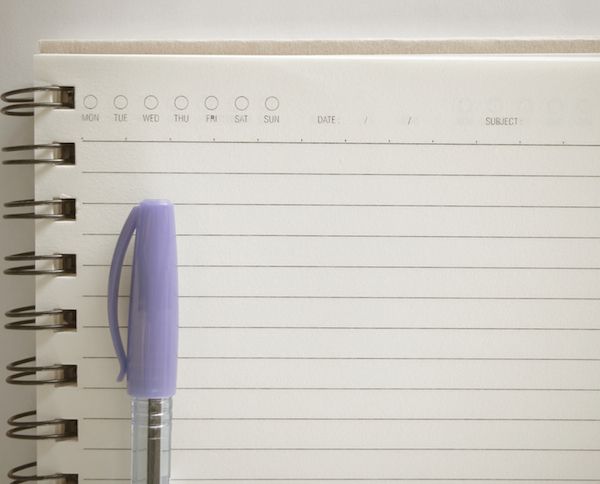Divorce attorneys are meant to guide their clients through the separation process — that doesn’t mean they do all the work. There are certain items divorcees must line up before litigation, and especially the collaborative divorce process, can begin. This client “checklist” includes mandatory documentation, as well as optional tasks related to the sensitivity of the course.
Ready to file for collaborative divorce? Consider these matters first.
How to Prepare for a Collaborative Divorce
-
-
Tell Family and Friends
-
Informing your family and friends should be high on your list. Making sure your loved ones are comfortable with the idea of your divorce will help you and your ex get ready for the demonstrative difficulties associated with separating.
When it comes to telling your children, it can be especially useful to highlight how common divorce actually is. Around 45 to 50 percent of marriages dissolve. Peppering your talks with a combination of emotional and factual support can help your family and friends come to terms with the ordinariness of your decision.
-
-
Keep Communicating
-
Communication doesn’t end with your divorce announcement. Prepare for the upcoming cooperative process by keeping in touch with your ex as you make arrangements. Interacting early and often with your former partner ensures you’ll both be ready for the extensive negotiations that take place during collaborative divorce meetings.
-
-
Gather Necessary Documents
-
Tax returns, bank statements, income, assets, and even marital debt reports are all necessary financial documents needed for an open and honest collaborative process. Since some of these items can take time to collect, do your best to organize these papers long before they’re needed.
-
-
Look Into Additional Resources
-
As you’re preparing financial documents, you may find that you need help making sense of them. Financial professionals trained in collaborative divorce can provide much needed guidance throughout your two-way meetings.
Along with accountants, consider what mediators, counselors, or psychologists might lend to your to team communication. You can enlist these professionals as resources in reconciling couples’ differences within your collaborative meetings.
-
-
Hire a Collaborative Divorce Professional
-
You’ll need to find the right collaborative divorce attorney — a specific kind of professional. This person will have completed up to 12 hours of collaborative divorce training. This specialist should also be a licensed lawyer. Ultimately, you’ll need an expert who understands the most basic aspects of the collaborative divorce process — especially the pledge to avoid litigation.
Once you’ve completed the items above you’re ready to begin the collaborative divorce process.
Ready to cross off the last item on your checklist? Contact Dean G. Tsourakis today to schedule a free consultation with an experienced collaborative divorce attorney.
on Sep 29, 2014


